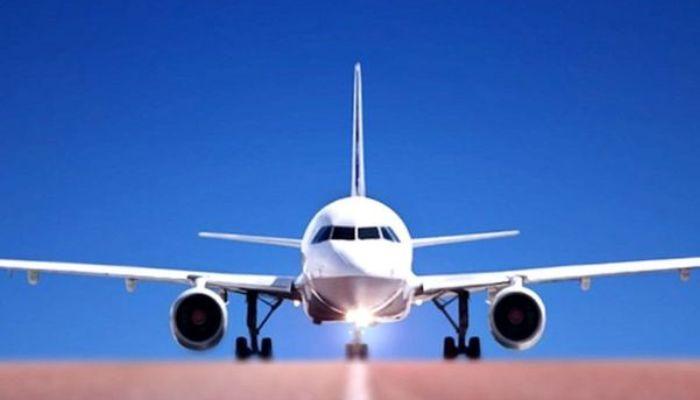The devaluation of the naira is seen reducing airlines’ trapped funds and easing their repatriation from Nigeria, according to industry operators.
Bankole Bernard, chairman of Airlines and Passengers’ Joint Committee (APJC) of the International Air Transport Association, said what the introduction of the new rate would mean for airlines is that it will reduce the amount of trapped funds in the country.
“What this means is that the market will be even. At this point, a lot of people are going to lose money; some things will become more expensive. The black market man on the street will now go and look for a job because he would no longer have a job to do. Everything will be the same.
“So, this is good news for airlines as more funds will be repatriated. All the issues of not being able to repatriate their money will end. This is because there would be no difference in the rates. The airlines will lose money initially because they already have money that has piled up,” Bernard said.
The CBN has directed banks to remove the cap on the investors and exporters’ (I&E) window of the fore market to allow for the free float of naira exchange rate.
Nigeria has officially floated its naira currency after years of sticking with a hard peg that spooked investors and drained dollars from the economy.
Sources familiar with the matter told BusinessDay Wednesday that a market rate based on a willing buyer and a willing seller is currently being quoted by banks who sent out emails to some customers confirming the change.
The I&E window is now quoting a range of between N664/$.
Airlines in Nigeria have as much as $812.2 million of funds stuck in the country, the highest trapped funds globally.
Read also: Nigeria officially floats naira as I&E rate hits N755/$
Last week, the International Air Transport Association (IATA) disclosed that Nigeria owes $812.2 million out of $2.27 billion trapped funds, making it the country with the highest trapped funds globally.
The top five countries that account for 68.0 percent of blocked funds include Nigeria ($812.2 million), Bangladesh ($214.1 million), Algeria ($196.3 million), Pakistan ($188.2 million) and Lebanon ($141.2 million).
The association warned that rapidly rising levels of blocked funds are a threat to airline connectivity in the affected markets.
According to Bankole, in the last one year, airlines have been selling tickets at black market rate because inventories were open in dollars.
“If you want to get the cheaper inventory, it is quoted in dollars and if it is the naira payment, it will be at an expensive rate. We are selling in dollars. People cannot use their naira credit card to make purchases; this will not be accepted because that is accumulating naira for them,” Bernard said.
Olumide Ohunayo, an aviation analyst, told BusinessDay that with the new rate, the airlines can now sell at the favourable rate, which they can quickly exchange.
“For the outstanding funds, if the airlines are not paid at the same rate they sold tickets, then it is a loss to those airlines and this will be unfair. I think an agreement is an agreement and it must be binding.
“All outstanding payments should be paid at the initial rate agreed, not at this new rate. Moving forward, airlines will still have to go through CBN due to volumes, but foreign currencies will now be accessible and there will be no double-faced rates anymore. This is good for us.
“On the other side of it, I expect to see more foreign direct investment in Nigeria because people now know they will not lose their money if they bring it in. It is good for the industry and planning. You know this is what the dollar rate is and you can estimate a five to 10 percent gap for increment or decrement,” Ohunayo said.
The trapped funds have seen airlines blocked low ticket inventories, leaving high inventories to be sold in naira only while the low ticket inventories on most airlines’ websites can only be bought with dollar cards only.
Airlines, however, opened a few low inventories a few weeks ago but stakeholders say the impact may not be felt so much because fares may continue to be high because of airlines’ exchange rate.
The trapped funds have seen Emirates suspend flight operations into Nigeria for over seven months now.
Emirates stated that all efforts it has made to resume operations into Nigeria since it suspended flights into the country have proved abortive.
This is as the carrier disclosed that around 50 percent of the amount approved for clearing within its backlog is still overdue for repatriation.





